Commercial Radon Mitigation
Free Quote Click Here!At All Iowa Radon we pride ourselves in customer satisfaction!
Call us today or fill out the form below for a FREE Quote!
319-231-3963
The Importance of Commercial Radon Mitigation in Booneville, Iowa
Radon is a naturally occurring, odorless, and colorless gas that can be found in the soil and rocks beneath our homes and businesses. It is the second leading cause of lung cancer in the United States and can be found in Booneville, Iowa. All Iowa Radon is a company that specializes in commercial radon mitigation services to help protect the health and safety of Booneville residents.Radon is a radioactive gas that is produced when uranium, thorium, and radium break down in the soil and rocks beneath our homes and businesses. It can enter our buildings through cracks in the foundation, gaps around pipes, and other openings. Radon levels can vary greatly from one building to the next, so it is important to have your building tested for radon levels.All Iowa Radon offers commercial radon mitigation services to help reduce the levels of radon in Booneville buildings. Our team of experienced professionals will inspect your building and identify any potential sources of radon. We will then install a radon mitigation system to reduce the levels of radon in your building. This system will help to reduce the risk of lung cancer and other health problems associated with radon exposure.At All Iowa Radon, we understand the importance of protecting the health and safety of Booneville residents. We are committed to providing the highest quality of commercial radon mitigation services to ensure that your building is safe and healthy. Our team of experienced professionals will work with you to ensure that your building is free from radon and other hazardous materials.If you are concerned about the levels of radon in your Booneville building, contact All Iowa Radon today. Our team of experienced professionals will provide you with the highest quality of commercial radon mitigation services to ensure that your building is safe and healthy. Protect the health and safety of your family and employees by investing in radon mitigation services from All Iowa Radon.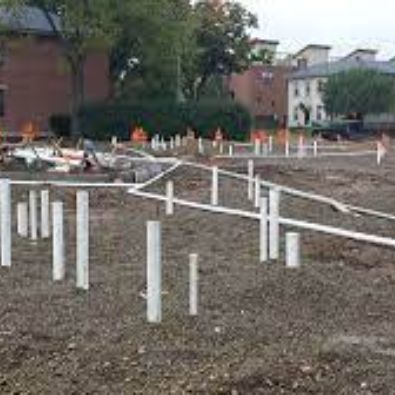
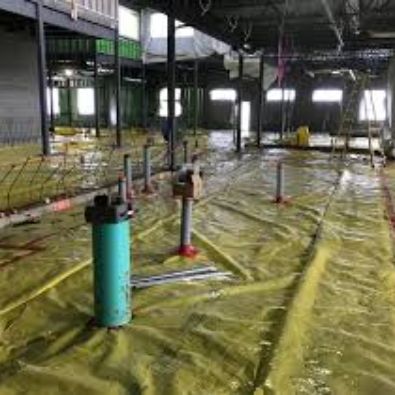
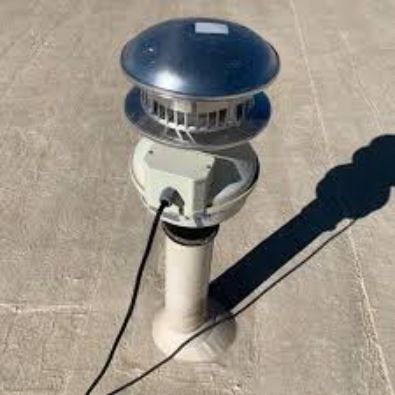
Call Now For A Free Commercial Radon Assessment 319-231-3948
Booneville, Iowa is a small town located in the central part of the state. It is part of the Des Moines-West Des Moines Metropolitan Statistical Area and has a population of just over 1,000 people. The town was founded in 1854 and was named after Daniel Boone, the famous American pioneer. Booneville is home to a variety of businesses, including a grocery store, a hardware store, and a few restaurants. The town also has a public library, a post office, and a few churches.
Booneville is home to the Booneville Historical Museum, which houses artifacts from the town's past. The museum is open to the public and offers a variety of exhibits, including a replica of the original Booneville schoolhouse. The town also has a number of parks, including the Booneville City Park, which features a playground, picnic areas, and a walking trail.
Booneville is home to the Booneville High School, which is part of the Boone Community School District. The school offers a variety of sports and activities, including football, basketball, baseball, and softball. The school also has a variety of clubs and organizations, such as the National Honor Society and the Student Council.
Booneville is also home to the Booneville Community Theatre, which produces a variety of plays and musicals throughout the year. The theatre is located in the historic Booneville Opera House, which was built in 1891. The theatre is a popular destination for locals and visitors alike.
Booneville is a small town with a lot to offer. From its historical museum to its community theatre, there is something for everyone in Booneville. Whether you're looking for a quiet place to relax or an exciting place to explore, Booneville is the perfect destination.
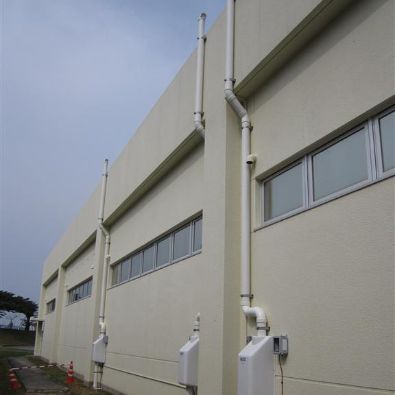
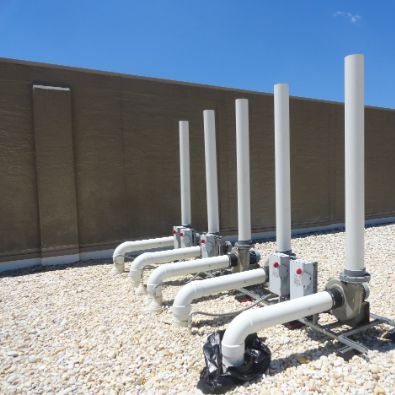
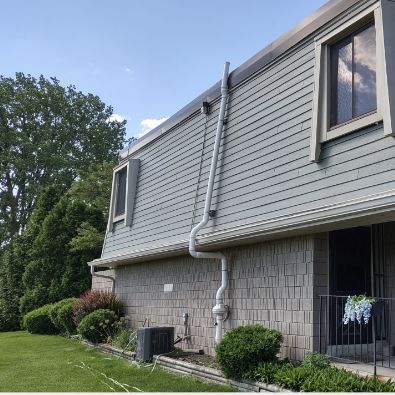
Booneville, Iowa has a long history with radon. Radon is a naturally occurring radioactive gas that is found in the soil and rocks of the area. It is odorless, colorless, and tasteless, and can be found in both indoor and outdoor air. Radon is the second leading cause of lung cancer in the United States, and it is important to be aware of the potential risks associated with it.
Radon was first discovered in Booneville in the late 1800s. At the time, it was not known to be a health hazard, and it was not until the early 1900s that the dangers of radon were realized. In the 1920s, the first radon tests were conducted in Booneville, and it was found that the levels of radon in the area were higher than the national average. This prompted the city to take action and begin testing for radon in all new homes and buildings.
In the 1950s, the city of Booneville began to take more proactive steps to reduce the levels of radon in the area. They began to install radon mitigation systems in homes and buildings, and they also began to educate the public about the dangers of radon. In the 1970s, the city began to require all new homes and buildings to be tested for radon before they could be occupied. This helped to reduce the levels of radon in the area, and it also helped to raise awareness of the dangers of radon.
Today, Booneville is still taking steps to reduce the levels of radon in the area. The city has implemented a radon action plan, which includes testing all new homes and buildings for radon, as well as providing education and resources to the public about the dangers of radon. The city also offers free radon testing for all residents, and they have established a radon hotline for anyone who has questions or concerns about radon.
Booneville, Iowa has a long history with radon, and the city has taken steps to reduce the levels of radon in the area. By testing all new homes and buildings for radon, providing education and resources to the public, and offering free radon testing for all residents, Booneville is helping to protect its citizens from the dangers of radon.
Contact Us For A Free Quote!
Our team of experts is ready to provide you with personalized guidance and deliver exceptional results.
